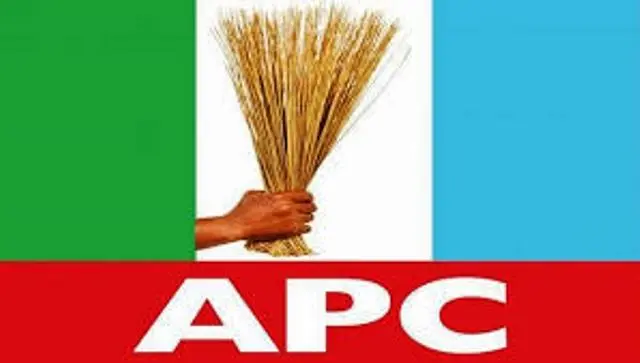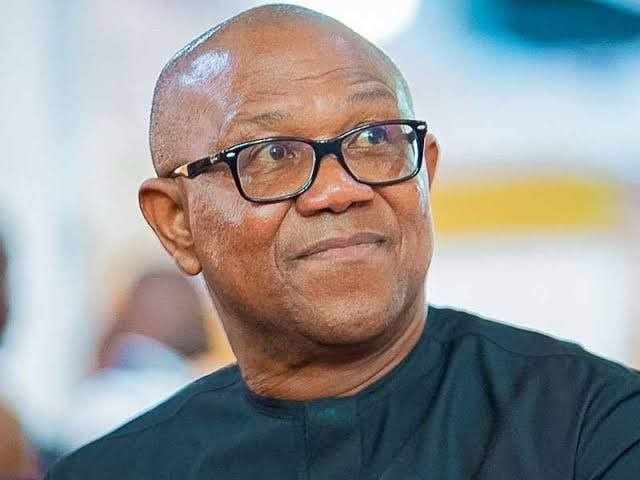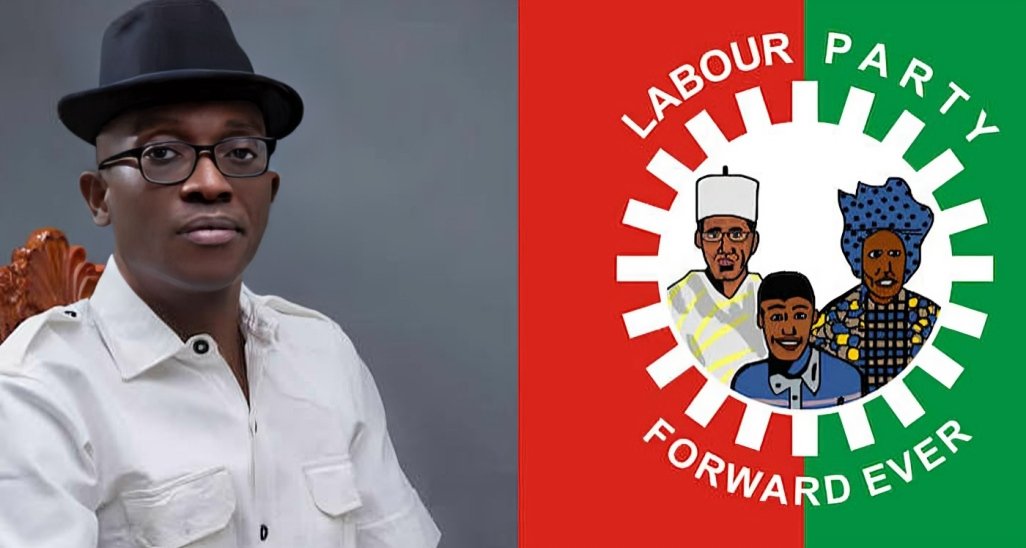As the All Progressives Congress (APC) prepares for the 2027 general elections, the ruling party is grappling with significant internal divisions that could undermine its political dominance. Despite controlling the central government and 23 states, the APC is facing bitter factional struggles, allegations of imposition, and unresolved leadership disputes across multiple state chapters.
Recent developments have revealed turmoil from Lagos to Rivers, Delta to Bayelsa, Benue, and Akwa Ibom, prompting the national leadership to intervene amid concerns that internal conflicts could jeopardize the party’s unity and effectiveness.
The APC has been struggling with these divisions even as influential opposition figures, including governors, have defected to the party. However, there are growing fears of potential defections from longtime APC loyalists, particularly those previously aligned with the All Nigeria People’s Party (ANPP) and Congress for Progressive Change (CPC). This unrest comes at a time when a revitalized opposition coalition, led by former Vice President Atiku Abubakar, is gaining momentum.
The resignation of Abdullahi Ganduje as national chairman has intensified the leadership crisis, particularly in Kano, where political tensions are escalating. Concurrently, factional battles are destabilizing the party’s chapters in Benue, Rivers, and Lagos, further complicating the landscape.
Speculation has also emerged regarding a rift between President Bola Tinubu and Vice President Kashim Shettima, despite their public displays of unity, including the recent appointment of Prof. Nentawe Yilwatda as the new national chairman. APC Director of Publicity, Bala Ibrahim, downplayed the situation, asserting that the party is not experiencing a crisis and that the issues in some states are manageable through internal reconciliation.
Influential party members, referred to as kingmakers, are reportedly making efforts to resolve conflicts across various state chapters. These efforts aim to ensure a peaceful environment as the party prepares for the upcoming elections.
In Lagos State, the APC is embroiled in a leadership crisis within its House of Assembly, which is dominated by APC members. Earlier this year, the Assembly was shaken by the removal and subsequent reinstatement of Speaker Mudashiru Obasa, highlighting the factional tensions within the party. Two camps, the Justice Forum and the Mandate group, are at odds, with allegations of bias and imposition of candidates during the recent primaries.
Similar unrest is evident in Rivers State, where the party is divided between factions loyal to former Minister Rotimi Amaechi and the newly appointed party chairman, Tony Okocha. The conflict has persisted since Amaechi lost the party’s presidential ticket to Tinubu, leading to a rift that has yet to be resolved despite court rulings and national intervention.
In Benue State, a divide between Governor Hyacinth Alia and Secretary to the Government of the Federation, Senator George Akume, has created parallel leadership structures, complicating reconciliation efforts. Despite President Tinubu’s attempts to mediate, the factions remain entrenched.
The APC is also facing challenges in Akwa Ibom, where tensions are rising between the old and new party members following recent defections. Concerns have been raised that granting automatic tickets to new members could alienate longstanding party loyalists.
In Bayelsa, internal strife has emerged following suspensions of key figures, including Senator Heineken Lokpobiri, amid allegations of anti-party activities. Attempts to resolve these suspensions have met resistance from local chapters, further deepening the crisis within the party.
Conversely, some APC chapters, such as those in Edo and Gombe states, report a more unified front, with recent defections from opposition parties strengthening their political position. Edo State has seen an influx of new members, including the Speaker of the House, who recently joined the APC and remains actively involved in campaigning for upcoming elections.
While the APC faces internal challenges, political analysts caution against underestimating the opposition. The APC’s ability to navigate these complexities will be critical as it prepares for the 2027 elections, amidst rising factionalism and the potential for further defections.







